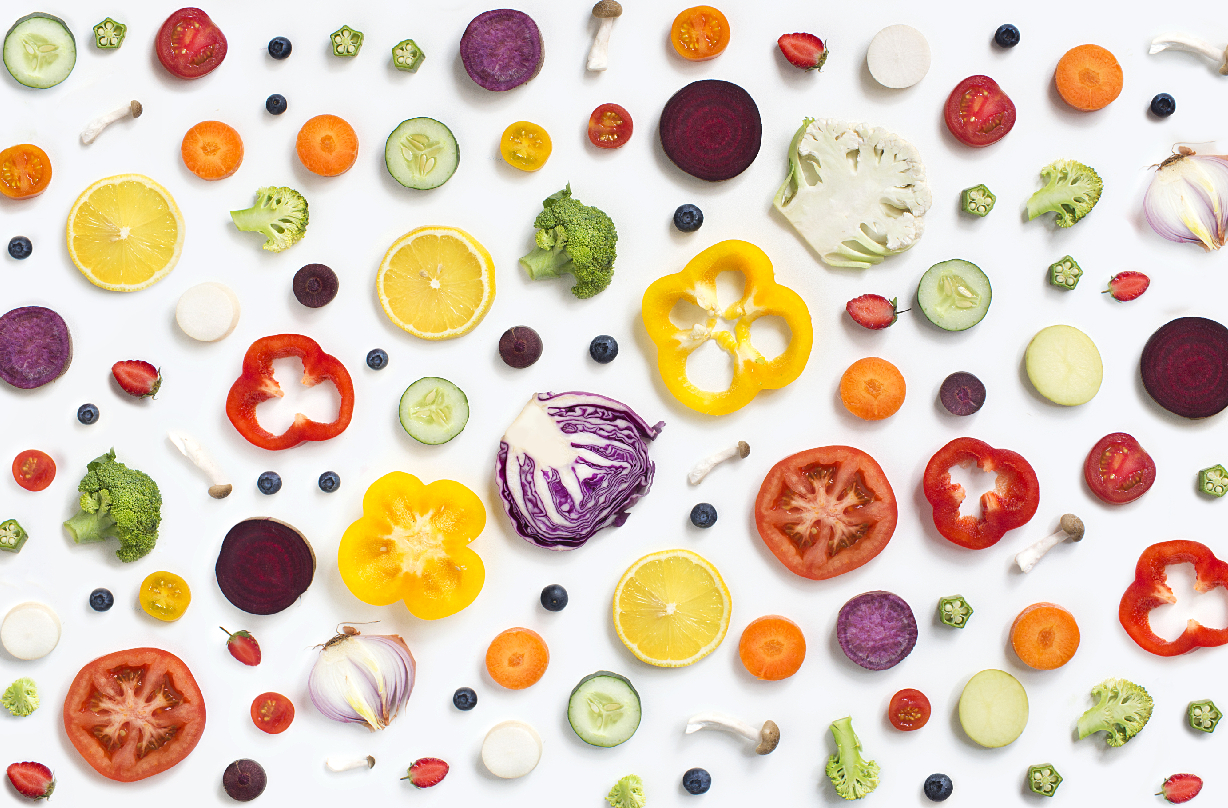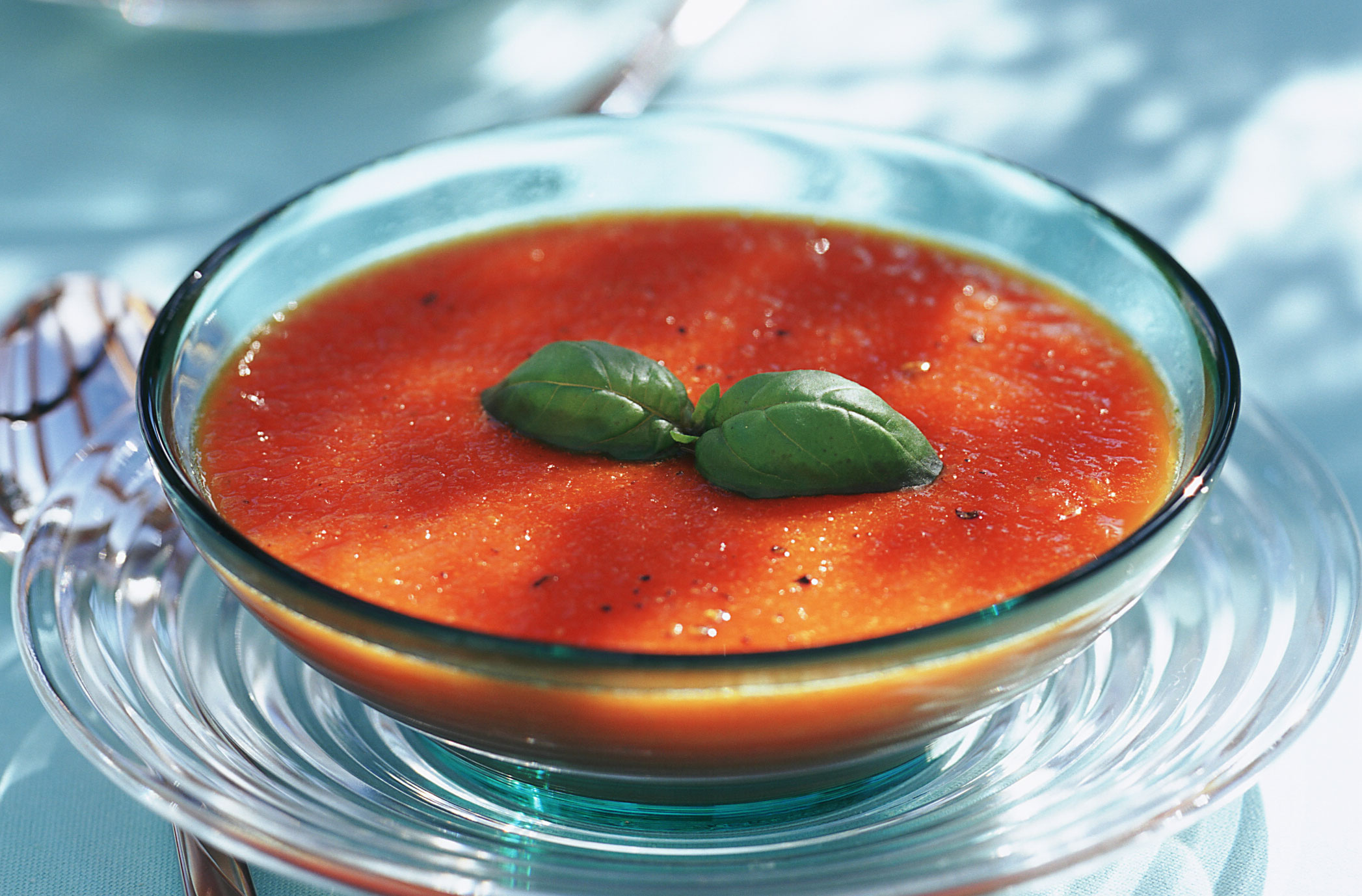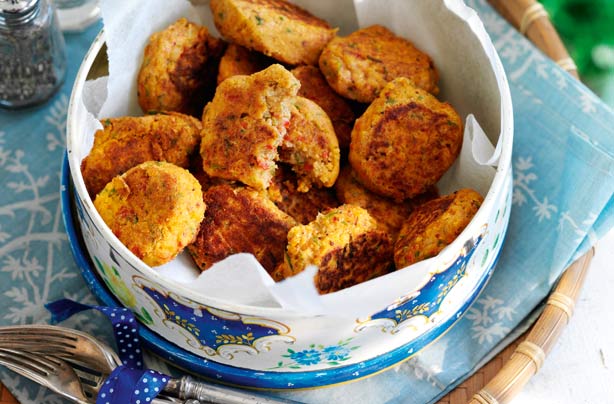Top foods to boost your immune system
Put down the OJ and try out these more effective suggestions instead


Boosting your immune system is one of the best ways you can keep healthy during the current coronavirus crisis.
Nutritionist Fiona Lawson reveals how some easy changes to you diet can help support your immune system and boost your natural defences.
1. Boost your Vitamin C intake - but avoid orange juice
Vitamin C is essential for a robust immune system. When thinking of foods that are packed with Vitamin C you might gravitate to oranges. However contrary to popular perception, orange juice is not beneficial to your immune system health.
Fiona explains that because of the high sugar content in a glass of OJ it can have the opposite effect. A study found that “drinking a glass of orange juice curbed the effectiveness of immune system cells for up to five hours”.
So if trusty orange juice is off the table what other ingredients can be beneficial? Well, in fact there are a number of options. One of the best is fresh pepper.
Just 100g of fresh pepper contain four times your recommended daily intake of Vitamin C. A single red pepper weighs about 170g. Get your boost with this delicious roasted red pepper and tomato soup.

2. Don’t forget zinc
Zinc is also necessary for a healthy immune system. Pumpkin seeds or sesame seeds are a good source of zinc. So start sprinkling seeds over your favourite salads. For a hearty salad option we love this simple couscous salad recipe.
Parenting advice, hot topics, best buys and family finance tips delivered straight to your inbox.
If you’re already suffering with a horrible bug you will also be interested to know that zinc can help your body to recover faster. Fiona tells us that “a recent review of 17 trials found that taking zinc resulted in a shorter duration of the common cold, another type of virus”.
3. Garlic is great
Fiona’s third tip is to eat more garlic: 'The Ancient Egyptians recognised that this pungent vegetable had immense health-giving qualities. Now, modern science backs this theory, with studies finding that special compounds in garlic support immune cell response'”.
If like us you’re already a garlic fiend, Fiona also shared a nifty trick to make it even more effective: 'Crush up garlic and leave it to stand for ten minutes before cooking, as this makes its immune-friendly compounds even more potent.' The way you choose to cook and prepare food has an impact on its nutrient profile, so it's always worth checking out what is better to eat raw vs cooked.
4. Mushrooms are a must
Mushrooms contain special carbohydrates called beta-glucans which are known to have immune-supporting effects. For a quick simple meal Mushroom burgers are a fab option for a mushroom-packed meal.
5. High-five to fibre
Fibre is an essential ingredient in a healthy balanced diet and for staying ‘regular’. It is also vital for keeping your gut happy, which in turn is good for your immunity. Fiona favours falafels for a high-fibre option as they loaded with chickpeas, which is a brilliant source of fibre.

6. Up your vitamin D intake
Vitamin D is an essential nutrient; and it helps your body to fight infections. The best way to load up on Vitamin D is through exposure to sunlight, though we realise that isn't easy at the moment. If you don't have a garden, try and position yourself near a window or consider ordering a SAD light. Some foods such as fatty fish and dairy with added vitamin D are great too and Vitamin D supplements are also available.

Rose Fooks is Deputy Food Editor at Future Publishing, creating recipes, reviewing products and writing food features for a range of lifestyle and home titles including GoodTo and Woman&Home. Before joining the team, Rose obtained a Diplome de Patisserie and Culinary Management at London’s Le Cordon Bleu. Going on to work in professional kitchens at The Delaunay and Zedel.